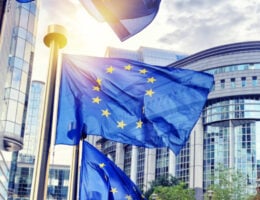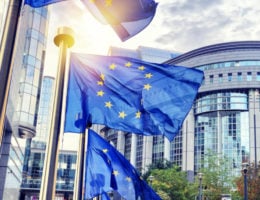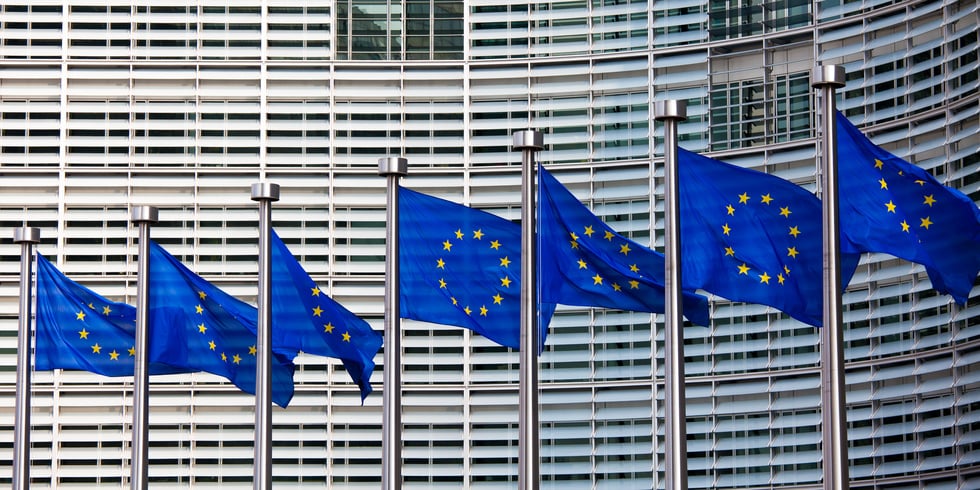The Corporate Sustainability Due Diligence Directive (“CS3D”) was provisionally agreed at a political level in December 2023, and confirmed by COREPER in a revised version in March 2024. Once formally approved, this new law will have significant impacts on many EU companies and non-EU companies active in the EU, as well as on their value chains throughout the world. In this first installment of our new “CS3D Explainer Series”, we answer the following four key questions: “Which companies are covered?,” “What will be their new obligations?,” “Why should they comply?” and “When will this start to apply?”
The new EU foreign subsidies regime will impact all multinational companies regardless of their country of origin. As of 12 October 2023, companies engaging in large transactions and bidding for large public procurement contracts in the EU are obliged to seek prior clearance from the European Commission. Implementing rules provide some welcome reporting relief, but the notification process requires that companies put in place mechanisms to track in real time a wide range of foreign financial contributions granted directly or indirectly from non-EU state funding
On 4 May 2023, Royal Excelsior Virton, a professional football club in Belgium’s second division, announced that it lodged a complaint against competing club SK Lommel with the European Commission under the new Regulation 2022/2560 on foreign subsidies distorting the internal market (“FSR”). This appears to be the first time the Commission is publicly asked to initiate an ex officio investigation under the FSR.
On 28 November 2022, the EU institutions formally adopted a Regulation on foreign subsidies distorting the internal market. The new rules will have a major impact on M&A transactions and will significantly increase the administrative burden facing many EU and non-EU companies doing business in Europe. The Regulation is part of a broader effort to protect the EU’s geopolitical “open strategic autonomy”. It aims to level the playing field by allowing the European Commission to intervene where foreign subsidies granted directly or indirectly by third countries threaten to distort the EU internal market.
Baker McKenzie’s Sanctions Blog published the alert titled European Union: Amended temporary state aid crisis framework (Ukraine) regarding renewable energy and decarbonization on 2 August 2022. Read the article via the link here. Please also visit our Sanctions Blog for the most recent updates.
On 21 September 2022, colleagues from the German Baker McKenzie offices will host a webinar exploring current developments in German and European Antitrust Law. The event will be in German only.
The European Recovery Plan will pump EUR 750 billion into the economy in the relative short term, with nearly half earmarked for climate change and digital investment. This funding will support the transformation to greener, more digital, sustainable and resilient economies, and businesses active across the EU will be able to benefit.
Baker McKenzie’s Sanctions Blog published the alert titled European Union: Temporary State Aid Crisis Framework (Ukraine): Member States can support businesses — up to EUR 50 million for energy-intensive businesses on 30 March 2022. Read the article via the link here. Please also visit our Sanctions Blog for the most recent updates.
A helicopter view of each stage of the healthcare & life sciences supply chain lifecycle and an overview of the trends that businesses in the sector should consider in 2021 and beyond, including sustainability, digitalization and increased public funding.
On 13 July 2021, the EU Council of Ministers approved the national recovery and resilience plans (RRPs) of 12 Member States. This means that Austria, Belgium, Denmark, France, Germany, Greece, Italy, Latvia, Luxembourg, Portugal, Slovakia and Spain are now able to tap into the EU recovery and resilience funding. This will allow them to start spending the money on projects and reforms for national economic recovery and resilience, as well as the green transition and digital transformation.







